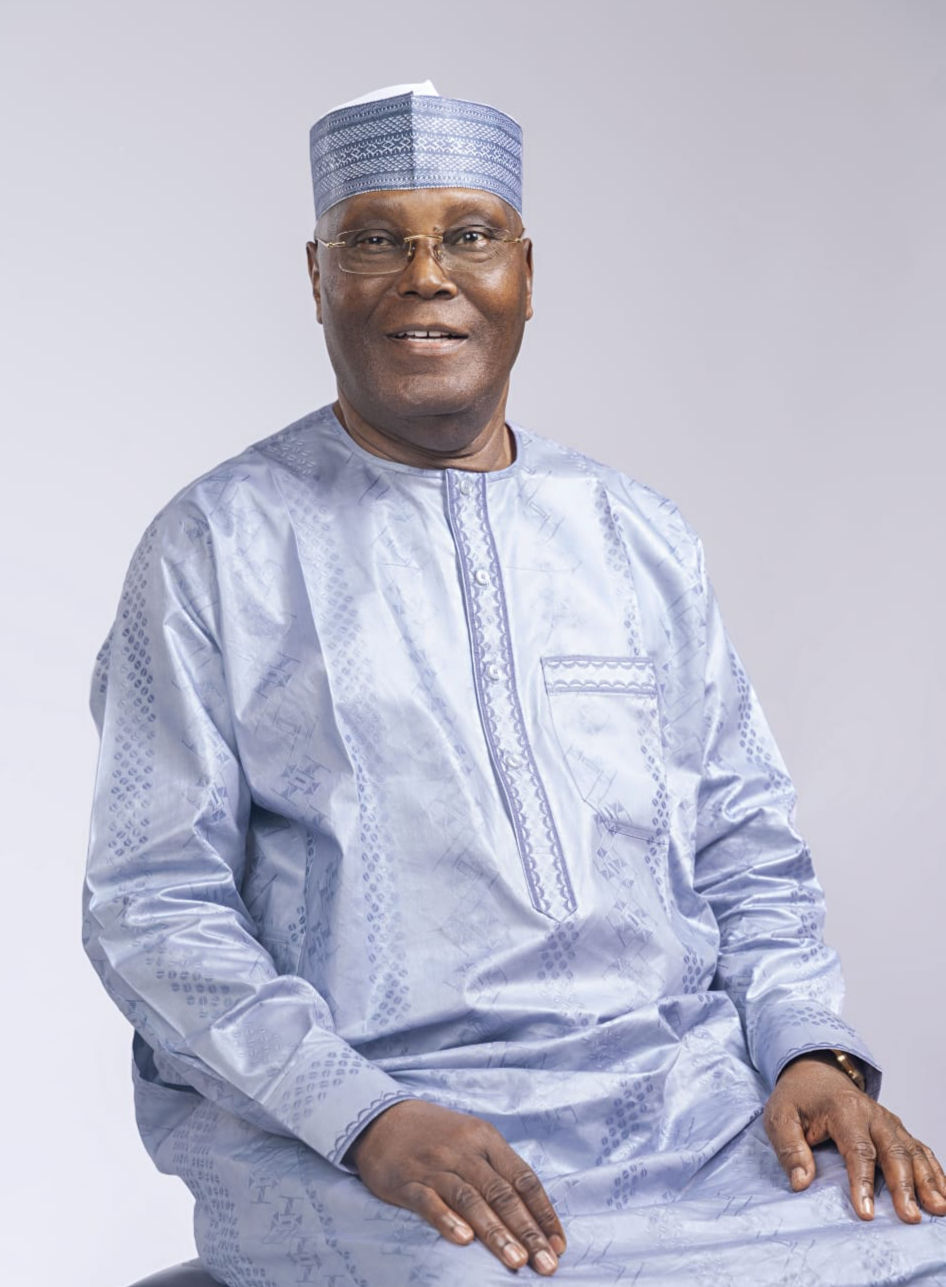NYFA LEADERS' DAILY DIGEST
- Oyediran Titilope
- Sep 18, 2025
- 3 min read

THE EMPEROR'S NEW CLOTHES IN RIVERS OF DISCORD: EXECUTIVE OVERREACH AND THE FAÇADE OF DEMOCRACY
The ostensibly benevolent gesture of President Bola Ahmed Tinubu, wherein he decreed the cessation of the state of emergency in Rivers State, thereby permitting Governor Siminalayi Fubara to resume his duties, warrants scrutiny of the most stringent sort. Beneath the veneer of solicitous concern for the democratic process lies a plethora of unaddressed issues, each serving to underscore the egregious nature of this presidential fiat.
The invocation of a "new spirit of understanding" and "robust readiness" amongst stakeholders as justification for the termination of the emergency declaration strains credulity, given the absence of empirical evidence substantiating these claims. One is left to ponder the precise metrics utilised by the President in assessing the prevailing politico-social climate within Rivers State. The lacuna between rhetoric and reality is stark, and the putative grounds for the state of emergency's cessation appear tenuous at best.
Furthermore, the precipitating factors cited by Tinubu in declaring the state of emergency – governance paralysis, crisis-ridden assembly, and economic asset vandalism – remain unaddressed, nay, seemingly exacerbated, by the interim measures implemented during the emergency. The supposition that the mere expiration of the emergency declaration would ipso facto rectify these entrenched issues defies logical analysis. It is pertinent to inquire as to the efficacy of the President's crisis management strategy, wherein the solution proffered bears scant relation to the diagnosed problems.
A more pertinent query revolves around the necessity of the state of emergency itself. Absent any cogent justification for the initial intervention, one is compelled to surmise that the President's actions were motivated by extraneous considerations, rather than a genuine concern for the welfare of Rivers State's citizenry. The democratic process, ostensibly suspended in favour of emergency governance, was supplanted by an admixture of unaccountable authority and fiat, bereft of transparency or oversight. The putative "return to democratic governance" thus rings hollow, given the antecedent disruption of the very democratic structures purportedly being restored.
Moreover, the interim period witnessed the installation of illegal chairmen and the conduct of unsanctioned elections, actions which impugn the legitimacy of the current dispensation. To suggest that Governor Fubara's resumption of office somehow retroactively legitimates these questionable manoeuvres strains credulity. The President's volte-face, wherein he now endorses the very democratic structures he previously subverted, bespeaks a glaring inconsistency.
One is also compelled to consider the implications of this presidential intervention for the rule of law and constitutional governance. The notion that a duly elected governor and legislature can be summarily displaced by executive fiat, only to be reinstated at the President's behest, undermines the fundamental principles of democratic accountability and the separation of powers. The Rivers State crisis, far from being resolved, has merely been transmogrified, with the underlying issues of governance and accountability remaining festering sores.
Tinubu's expression of gratitude to the National Assembly for approving the emergency declaration and to traditional rulers and the people of Rivers State for their support serves only to underscore the questionable nature of this exercise in executive power. The President's appeal to governors and state assemblies to prioritise peaceful coexistence and harmonious relationships rings hollow, given his own administration's complicity in subverting these very principles in Rivers State.
Ultimately, the cessation of the state of emergency in Rivers State represents a pyrrhic victory, at best. Absent a fundamental reappraisal of the antecedent actions and a commitment to rectify the resultant governance vacuum, the prospects for genuine democratic restoration appear bleak. The Rivers State polity remains mired in uncertainty, with the erstwhile emergency measures having sown seeds of discord and instability that will likely require considerable time and effort to rectify.
TEAM nBAU







Comments